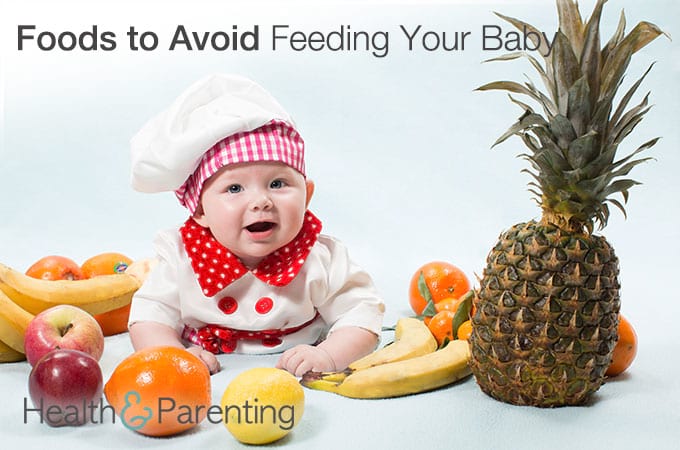One in five women experience heartburn during the first trimester, and this number rises to two in five by the end of the second trimester. By the end of the pregnancy, over three in five women will have experienced at least some heartburn and indigestion.
So, chances are, you’re going to experience it – the bloating, the nausea, the wind, the burping, and that horrible taste in your mouth. Heartburn is definitely up there amongst the most hated common pregnancy symptoms.
What causes heartburn during pregnancy?
In early pregnancy, heartburn is caused by hormones. Progesterone slows digestion down to a snail’s pace, and causes the muscle valve between the stomach and oesophagus to relax. Once the valve is relaxed, stomach acid can leak into oesophagus, causing heartburn.
Later in the pregnancy, you can blame your growing uterus for this unpleasant symptom. The uterus can push the stomach higher in your body, forcing stomach acid into the oesophagus.
After the birth, as your hormone levels decrease, and your uterus shrinks back down, you should find that the heartburn disappears. In the meantime, however, there are some things you can do to try and avoid heartburn during pregnancy:
1. Reduce your intake of citrus foods – oranges, lemons, tomatoes and grapefruits can all worsen the symptoms of heartburn. Citrus foods are acidic, and eating them can increase acidity in the stomach, which can worsen heartburn when stomach acid escapes into the oesophagus.
2. Avoid fried and fatty foods – food that takes a long time to digest, stays in your stomach for longer, thus allowing more time for heartburn to occur after a meal. Try to avoid eating fried and fatty foods that will sit in your stomach for a long time, and instead eat healthy and easy-to-digest foods.
3. Avoid caffeine – tea, coffee, soda and chocolate all contain caffeine which can worsen the effects of heartburn.
4. Try cutting out garlic and onion – some people find that these foods can make heartburn worse. Try cutting them out to see if it makes a difference.
5. Try cutting out spicy food – some people find that spicy foods worsen the symptoms of heartburn. Try avoiding foods with chilli, peppers or hot spices in them, and see if your heartburn improves.
Try keeping a food diary, and noting what you eat and when. Add to this details of when you suffer from heartburn, and how badly. By comparing this information, you should be able to identify which foods are safe to eat, and which worsen your symptoms.
How do you deal with heartburn?
Written by Fiona, proud owner of a toddler, @fiona_peacock
This information is not intended to replace the advice of a trained medical doctor. Health & Parenting Ltd disclaims any liability for the decisions you make based on this information, which is provided to you on a general information basis only and not as a substitute for personalized medical advice. All contents copyright © Health & Parenting Ltd 2018. All rights reserved.











